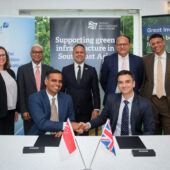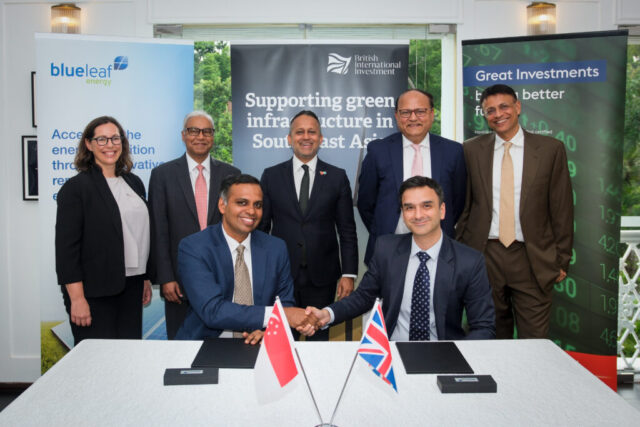This summer Impact Investor talks to investors and entrepreneurs about how the pandemic has shifted priorities. This week: sustainability consultant Willem Schramade on ‘impact washing’ in times of crisis.

CV
- Founder of Sustainable Finance Factory, Schramade works as an independent researcher, lecturer and consultant in sustainable finance and impact investing.
- Portfolio manager impact equities, NN Investment Partners, The Hague, 2016-2019.
- Equity analyst, Robeco, Rotterdam, 2007-2016.
The financial sector’s response to the Covid crisis has disappointed Schramade. “Covid has shifted the attention to a lot of previously underexposed areas that are of paramount importance to society: good health, a sustainable environment and equal opportunities in education,” he noted.
But instead of responding seriously to the challenges laid bare by the Covid crisis, fund managers have been preoccupied with rebranding their products to label them as sustainable in order to make them more attractive to investors, according to Schramade.
Better washing machines
“Investors have failed to think outside the box. I’ve seen almost no serious efforts to innovate and divert money to the areas that need it most, for example the UN Sustainable Development Goals that are most in need of funding, such as investing in SDG 1 (No Poverty, ed) on a city level. All in all, I think Covid has been a missed opportunity for the financial sector,” he concluded.
So what did Schramade, who left a career as an impact fund manager at Dutch NN Investment Partners in 2019 to start his own business, expect his former colleagues to do?
“Investors should develop products that provide financing to precisely those areas that need it most, and where most impact can be made. I haven’t seen this happen at the large financial institutions,” he said.
Schramade gives an example of an investment he would like to see. “Leasing household appliances such as washing machines to households in deprived areas would be an excellent one.”
Such an investment would kill two birds with one stone by helping people save money on their energy bills while at the same time lowering their energy consumption. Poorer households tend to use old, second-hand appliances that are less energy-efficient than newer ones.
Inequality a growing problem
More generally, Schramade wants investors to focus more on solving inequality issues.
“Covid has highlighted the problems in the less well-off neighbourhoods. I’ve seen this with my own children. They each have access to an iPad and their parents can help them with homeschooling, but not all of their classmates are as fortunate.”
The father of two notes that Covid has made existing inequalities worse. “My childrens’ teachers told me that the children who already were the weakest in class have only got further behind during the pandemic. These are huge problems that investors should help address.”
Surprised by Europe
How did Schramade’s current clients, mostly listed European multinationals, respond to the Covid crisis then? His answer is two-fold.
“Some companies put their sustainability plans on the backburner because of more urgent, short-term considerations. In this category were mostly financial companies which tend to respond immediately to cash constraints,” he says.
As a result Schramade had plenty of time to finish writing his second book, titled Duurzaam Kapitalisme (Sustainable Capitalism, only available in Dutch, ed), during the early months of the pandemic.
“A second group of companies saw Covid as a wake-up call and have increased their focus on the long term. An example is a Finnish packaging company, a client of mine that has redoubled efforts to anticipate and go beyond European regulation on things such as double materiality (a company’s environmental, social and/or governmental impact, ed), including their impact on biodiversity.”
While Schramade has been disappointed by the financial sector’s Covid response, he was positively surprised by the response of the EU.
“I don’t think the European Commission’s European Green Deal would have come through without the Covid crisis. You always need a crisis to get Europe moving. That was the case after the financial crisis in 2009 and again after the refugee crisis in 2015. This time it has been no different.”





